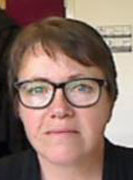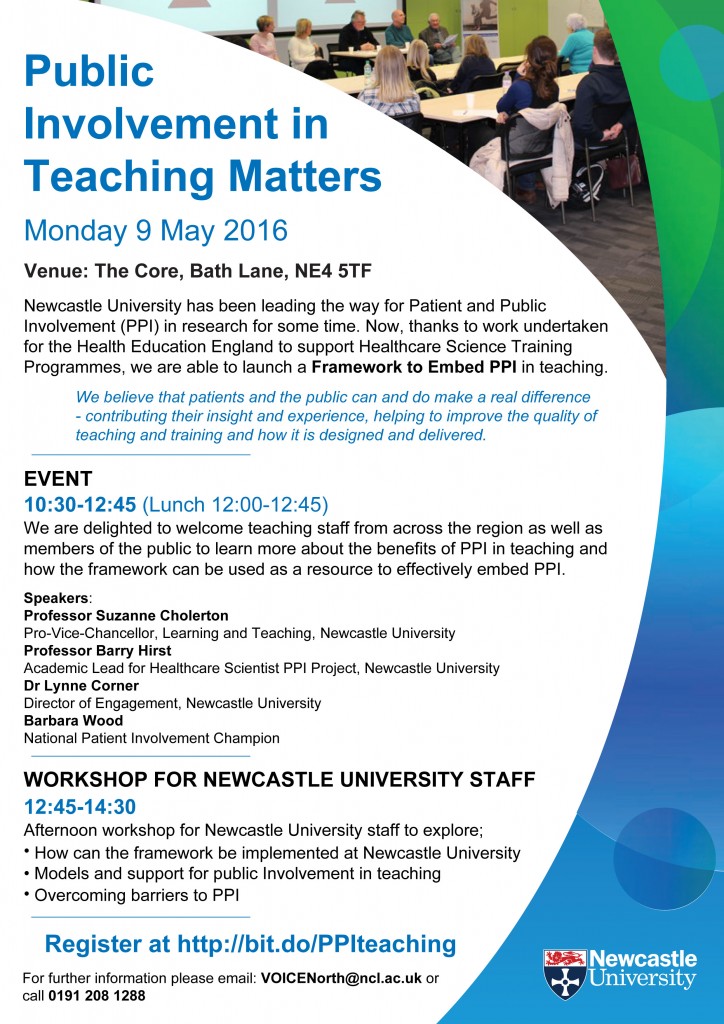 August will see the launch of a new series of seminars designed to support and complement other teaching-focused sessions within the Faculty. Held on the last Wednesday of the month, between 3-4pm, the one hour session is designed to promote discussion with time to share ideas as well as challenge all our personal perspectives on teaching and educationally related activities. The idea is to cover, over the coming year, as broad a range of topics as possible – anything from delivery, organisation, innovation, management and institutional practices across anything related to teaching & learning, education, training and educational research.
August will see the launch of a new series of seminars designed to support and complement other teaching-focused sessions within the Faculty. Held on the last Wednesday of the month, between 3-4pm, the one hour session is designed to promote discussion with time to share ideas as well as challenge all our personal perspectives on teaching and educationally related activities. The idea is to cover, over the coming year, as broad a range of topics as possible – anything from delivery, organisation, innovation, management and institutional practices across anything related to teaching & learning, education, training and educational research.
The format will challenge formulaic ways of thinking by adopting an innovative interactive approach: after a short presentation from a knowledgeable speaker the session will be open for discussion and the broadest range of perspectives sought. The mechanisms by which this will be done will be revealed in the session! It should noisy. It should be engaging. It certainly won’t be boring. If you have a suggestion for what you would like to discuss or would like to offer your expert opinion … don’t wait to be asked, please get in touch.
The series is called ‘What I mean when I say…’. The first session will be held on the 31st August, focusing on a topic important to all on T&S contract – ‘Scholarship’.
Hope to see you there.
Dr Jane Stewart, Associate Dean (Quality Assurance and Enhancement), Jane.stewart@newcastle.ac.uk

